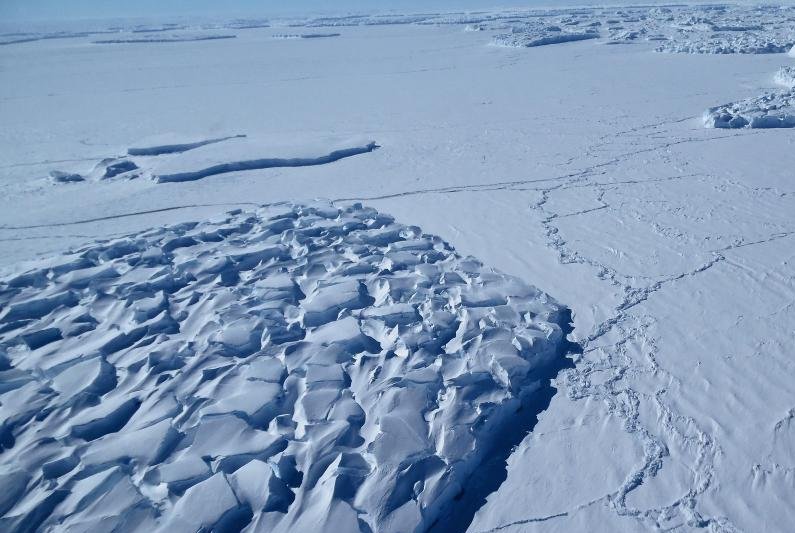July 31 (UPI) -- Studies have shown that as ice sheets in Antarctica melt, trapped methane gasses will be released. But new research suggests methane-eating microbes will limit gaseous emissions.
When researchers analyzed water and sediment samples from Antarctica's subglacial Whillans Lake -- a first -- they determined microbes consume 99 percent of methane released into the lake.















